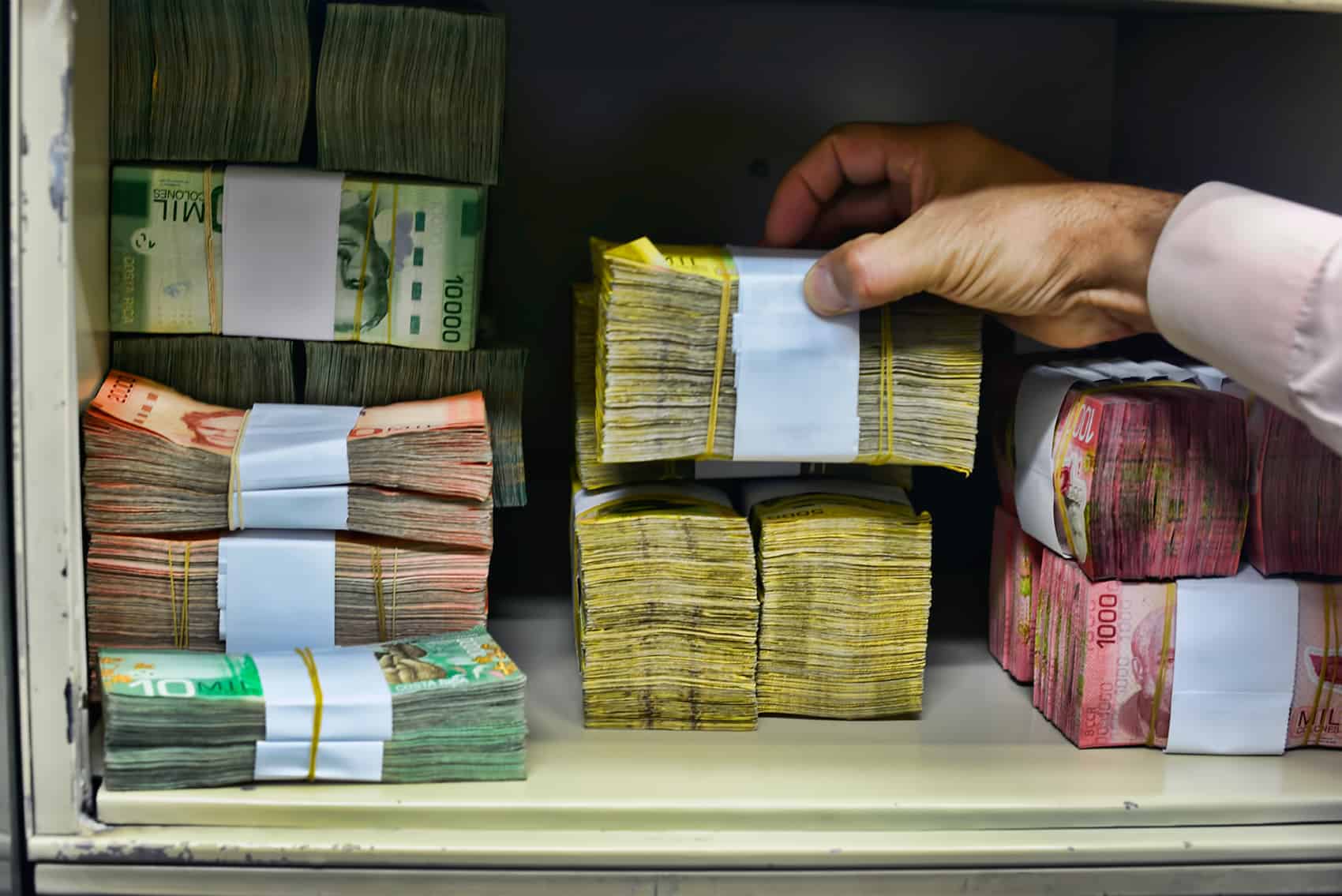Costa Rica’s 2016 budget is set to see the smallest percentage increase in 10 years, but the deficit continues to rise, according to comments from acting Finance Minister José Francisco Pacheco on Tuesday. The Solís administration’s “austere” ₡8 trillion ($15 billion) budget did not propose any cuts to services or benefits, focusing its cuts almost exclusively on the executive branch.
Next year’s budget proposal was presented to Legislative Assembly President Rafael Ortiz and lawmaker Rosibel Ramos, both of the opposition Social Christian Unity Party, during a ceremony at the Assembly in San José. Officials used words like “crisis” and “precarious” to describe the country’s fiscal situation after years of legislative gridlock that have been unable to rein in Costa Rica’s deficit, despite several downgrades from international ratings agencies.
Costa Rica’s fiscal deficit is set to reach 6.9 percent of gross domestic product during the next budget cycle – 0.5 percent higher than in 2015. The country’s total debt is equivalent to 49 percent of the GDP, Pacheco told reporters.
Members of the Solís administration said they would not propose any tax legislation during the first year in power, but that is certainly not the case this go-round. The executive branch has been pushing eight different bills designed to improve tax collection, from new taxes to improving collection under existing laws. Since 2009, Costa Rica’s tax collection as a percentage of GDP has been essentially flat at roughly 14 percent of GDP, according to figures from the Finance Ministry. Meanwhile, spending has steadily increased during the last six years.
Pacheco said that the government’s hands were tied when it came to tackling the fastest growing parts of the budget. Servicing the country’s debt accounts for 31 percent of the 2016 budget proposal followed by 30 percent for education spending, which is constitutionally mandated to be 8 percent of GDP. Pensions account for another 11 percent, leaving the remaining 28 percent to run the rest of the Costa Rican government for the 2016 calendar year.
“What room to we have to address these areas?” Pacheco asked, repeating the government’s call for fiscal reform and new tax collection measures.
During the past several years, Costa Rica was able to auction tranches of $4 billion in Eurobonds to help close its budget gap but the last of that sovereign debt was issued during the first half of this year. “We’re going to have to look elsewhere” to address the shortfall, said Pacheco.
The bill now goes to the Legislative Assembly, which has until Nov. 29 to approve it. Once approved, the new budget will go into effect on Jan. 1, 2016.






